Jurisprudence as Master Science of Law

The term ‘Jurisprudence’ has a large number of varied definitions as every jurist has his own notion of the subject matter and it depends upon one’s ideology and the nature of society to which one belongs to. It is difficult to assign a uniform and universal definition to the term Jurisprudence. The literal meaning of ‘Jurisprudence’ is derived from the Latin term juris prudentia which means ‘wisdom, knowledge or science of law’. This signifies that like any other social study, the law can also be studied scientifically or systematically. The modern conation or understanding added to the subject matter of Jurisprudence is understood as a term that embraces the spectrum of questions about the nature and purpose of law and answers made to them as it steps back and reflects on the ideas and assumptions that underlie. It studies the law in a much more generic way and asks abstract and theoretical questions about the law pertaining to the ideas and philosophy and purpose that make up to law.
EVOLUTION OF JURISPRUDENCE
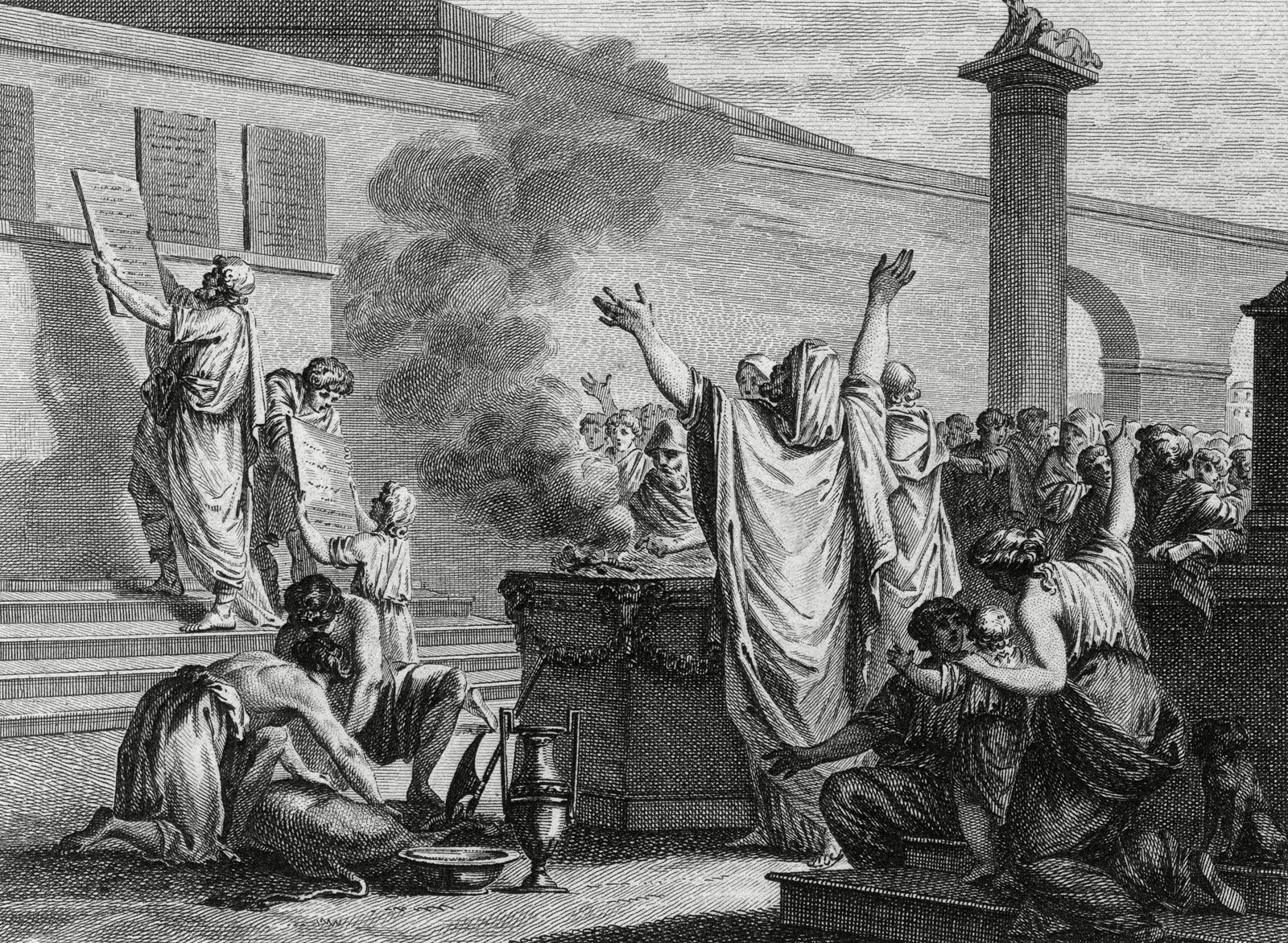
The two great systems of Jurisprudence that have influenced modern civilization which also form the origins of the study of Jurisprudence are Roman law, and the English Common Law.[1]
The history of Roman jurisprudence dates back to the time of Cicero (106-43 B.C.) in a legal sphere, who brought to the consideration of Roman jurists the philosophical bases of law interpreting the underlying notions of the Roman law.[2] The demand for interpretations of Twelve Tables evolved which was met by the publication of juris consults under the name of “Response Prudentum” which were later used by the judges in pronouncing judgements as authority and precedent for the law in question thereby signifying the underlying notion of the law that exists. [3] From the end of the Republic, Roman jurisprudence identified law and morals to be interconnected thereby signifying the understanding of things divine and human (right & wrong) and the art or science of what is equitable & good.
The system of Jurisprudence denominated the common law of England which was evolved from the ancient customs and usages. The English Common law which forms one of the bases of the Indian law requires in the absence of any specific law or usage to act according to “justice, equity, and good conscience” to relieve the brutalities and inequalities of the law by the application of moral principles. The English common law jurisprudence has been through the growth of centuries, developed into its present state of effectiveness, not from legislation, but by the process of evolution. Perhaps in no other science do we find the principles of evolution, the principle of growth and adaptability, better illustrated than in jurisprudence.
DEFINITIONS OF JURISPRUDENCE BY VARIOUS JURISTS AND ITS CRITICAL APPRAISAL
There are several jurists who have observed and gave interpretation to the term ‘jurisprudence’ in the light of the different times that they belonged to taking into consideration of the varied divisions of jurisprudence that they propagated. To discuss and analyze a few, here are the names of the most prominent jurists whose definition gave jurisprudence a quintessence of scientific, philosophical, and legal aspects.
ULPIAN (170 AD- 228 AD)

Ulpian was an eminent and celebrated Roman jurist who defined Jurisprudence as “the observation of things human and divine, the knowledge of just and unjust”. Ulpian was among the first jurists who gave a formal definition of jurisprudence. Ulpian’s definition on Jurisprudence appears in Digest, i.1, 10, as an extract from the first book of the Regulae of Ulpian.[4]
Critical Appraisal: Ulpian’s formal definition of jurisprudence highlights the scientific study of Jurisprudence. By incorporating of the term “observation”, it signifies a methodology that gives the entire definition a scientific character. However, the language of the definition doesn’t express the clear meaning of the three Latin words- prudentia, notitia, and scientia. However, we acquire Notitia (knowledge through the exercise of our mental power) of things divine and human by observation and acquire Scientia of just and unjust by the reflection of our mental powers. However, critically analyzing the definition we find that the definition being metaphysical in nature, its value cannot be evaluated. The definition is based upon the Stoic doctrine that teaches self-control and fortitude which sounds vague to apply in practical life. The definition is also subjected to the criticism that it defines the knowledge of just and unjust but lacks in providing the meaning of just. However, it is to be praised that he set forth in fitting words which he meant by the knowledge of jus, and left its meaning open to be explained by future jurists.
JOHN AUSTIN (1790 AD-1859 AD)
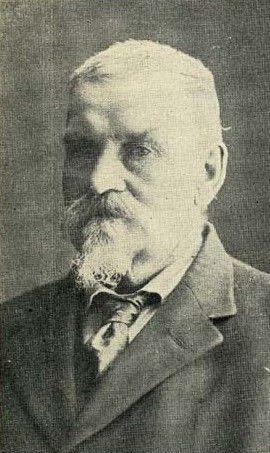
Austin was a nineteenth-century legal theorist who highly influenced British and American Law with his analytical tactic to jurisprudence and his theory of legal positivism. Austin defined jurisprudence as “the philosophy of positive law”. John Austin lived in those times when Europe was witnessing political alterations in its society. According to Austin, positive law is the man-made law that is made by the sovereign (an authority entrusted to make laws) and separates law from moral principles. According to Austin, state and sovereign are superior and restricts the prominence of supernatural and metaphysical law which doesn’t have a strong backing. Austin classified jurisprudence into general and particular jurisprudence. The former is the philosophy of positive law which is concerned directly with the principles which are common to all legal systems while the latter is the science of positive law which studies a particular legal system or branch of law[5].
Critical Appraisal: Austin’s definition and classification of jurisprudence is highly criticized by many jurists who tried figuring out the loopholes in his definition. Jurists belonging to the historical schools highly criticized his definition on the grounds that law is prior to and independent of political authority and enforcement and a state enforces it because it is already a law and it is incorrect to say that it becomes law because the state enforces it. According to Salmond, Austin’s theory is one-sided and inadequate and eliminates all elements of right or justice in the law. He also suggests that not all laws are command as many modern laws are liberal in character. Austin’s definition of law does not apply to Constitutional law. The sovereign is always restricted to the Constitution and the Constitution is the highest law of the land and thus defeats Austin’s proposition that the Sovereign creates the law by the Constitution. However, in my opinion, Austin’s definition is simple in nature thereby giving a clear expression of the separation of law and morality as his objective was to ensure security, stability, and peace through the backing of the sovereign command which needs to be obeyed.
HOLLAND (1835 AD- 1926 AD)
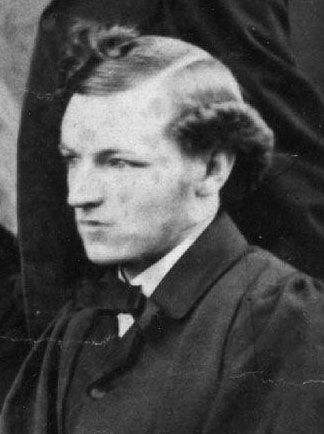
Holland was a British Jurist and a literary lawyer who defined Jurisprudence as “the formal science of Positive Law”. The criticism which Austin received led Holland to present this definition thereby substituting Philosophy in Austin’s definition by Formal Science. Holland adopted Austin’s views as to the nature of jurisprudence, wrote a complete book on the subject in clear expression and put a polish upon the harsh science by adding the term formal science.[6]However, rejecting Austin’s distinction between general and particular jurisprudence, he suggests that it is rightly called science, like all sciences it must be general and it is meaningless to call it particular.
Critical Appraisal: Holland’s burnish to Austin’s theory is noteworthy. To Holland jurisprudence was "not the material science of those portions of the law which various nations have in common, but the formal science of those relations of mankind which are generally recognized as having legal consequences”[7]. He illustrates his view through his illustration with geology which is highly criticized by Dias, Hughes and Buckland who suggests that law is not a mechanical structure like geographical deposits.
SALMOND (1826- 1924)
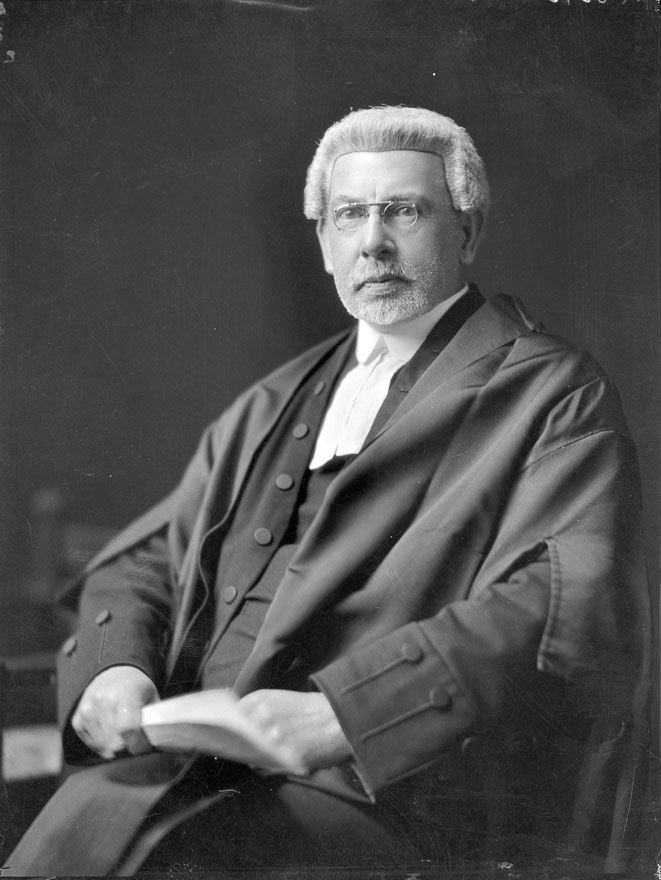
Salmond was a legal scholar and a judge and a positivist who defined jurisprudence as “the science of the first principles of civil law”. He divided jurisprudence into three kinds: legal exposition, legal history and the science of legislation. By systematic jurisprudence deals with the contents of an existing legal system, by legal history is concerned with a legal system in its process of historical development and by science of legislation it is an intellectual enquiry to set forth law as it ought to be the ideal future law. [8]
Critical Appraisal: Salmond has defined jurisprudence in an abstract and a modern sense thereby recognizing a Court in the administration of Justice by adding the terms law and first principle and the first principle being Ubi Jus Ibi Remedium. His definition brings forth the ethical purpose of law. Although he tried to define boundary of jurisprudence, he failed to give a precise and scientific definition thereby only denoting that the Courts exist only to enforce the ‘Civil Law’ but cannot put forth a law for circumstances which doesn’t have a precedent.
DEAN ROSCOE POUND
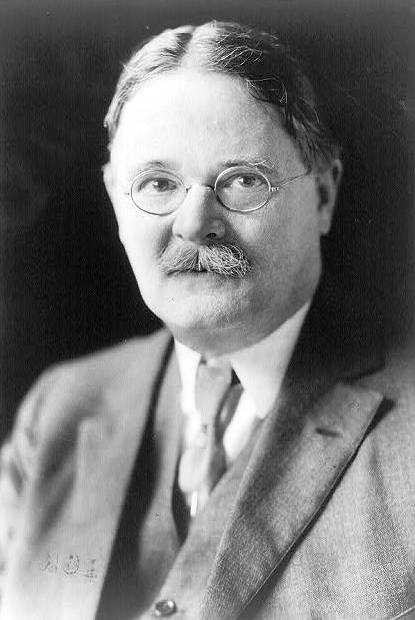
Pound was a legal scholar and educator who gave a modern conception to the definition of jurisprudence. According to him, “Jurisprudence is the science law, using the term law in the juridical sense, as denoting the body of principles recognised or enforced by public and regular tribunals in the administration of justice”. Pound remains a particularly enigmatic character in the history of American jurisprudence who was a prominent figure of social engineering. Pound believed that the Court has to administer justice in a state to meet the societal needs.
Critical Appraisal: Pound’s jurisprudence offers that legal systems progress through a series of developmental stages and it postulates not only the synchronic coexistence of the authoritative and traditional elements in any given legal system at any given time, but also the diachronic seesawing between the two elements in any given legal system over time.[9] However, critics are of the opinion that the principles which are recognized in a legal system are usually of those vocally organized groups which have enough power to mislead the principles of justice in their interest and thus the Courts should also be given the right to create laws for justice to prevail.[10]
JURISPRUDENCE AS MASTER SCIENCE OF LAW
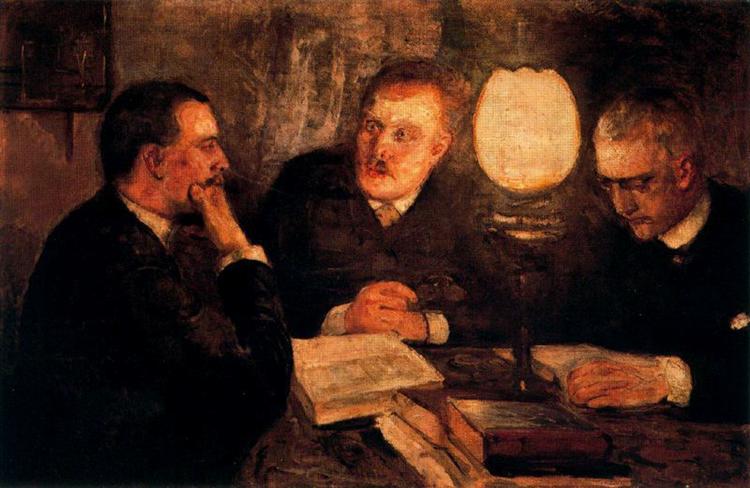
Jurisprudence is knowledge of the law and is commonly called science. It gives a description of the scientific investigation of fundamental legal phenomena.[11] By science, it means the knowledge gained through a systematic study which consists of Observation, Hypothesis, Experiment, and Deduction. Science is systematized knowledge of facts that exhibit analogies and identities showing an inherent organization.[12]Jurisprudence functions as a master of science to establish the essential principles of Right and is thus the Science of Right and of the State.[13] The leading writers on common law during the 18th and 19thcenturies frequently expressed the desire to present the law as a ‘science of principles’ rather than a collection of procedures and remedies. Rather than merely describing and arranging, the jurist’s task was presented as that of explaining the law systematically and coherently, as an expression of more abstract principles which might claim to reflect necessary truths about the world or human nature.[14]
Jurisprudence as a master science of law can be dealt with matters under:
- An analysis of the various subordinate, underlying or constituent ideas of which the complex idea of the law is made up, for instance, those of the state, of sovereign, and administration of justice.
- An account of sources from which the law proceeds, with an investigation into the theory of legislation, precedent and customary law.
- An examination of the general principles of legal development.
- An enquiry into the scientific arrangement of the law.
- An examination of any other juridical conception which by reason of their fundamental character or deserves special attention for interpretation.
- It avoids misconceptions and assist us in understanding what theoretical jurisprudence is.[15]
GRAY'S DEFINITION OF JURISPRUDENCE - MASTER SCIENCE OF LAW
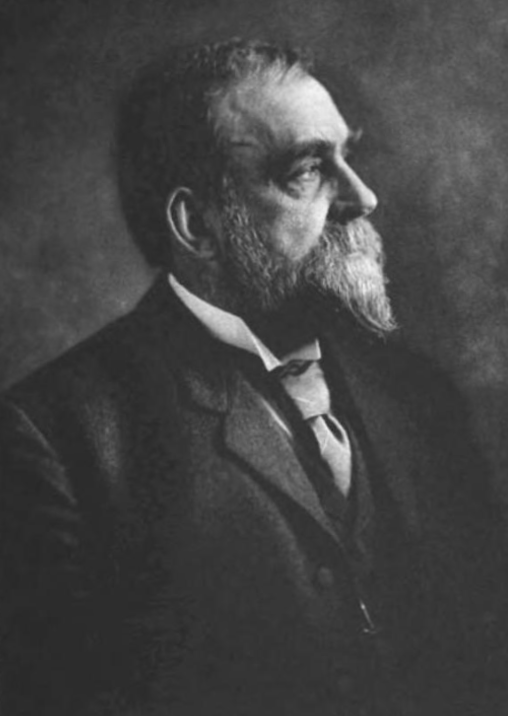
By understanding Jurisprudence as a master science of law, we find that jurisprudence is a scientific investigation studying and examining the underlying notion and constituent ideas of the complex ideas of law. John Chipman Gray was an American scholar and a professor at Harvard Law School, who defined Jurisprudence as “the science of law, the statement and systematic arrangement of the rules followed by the Courts and the principals involved in those rules”. Each terminology in his definition highlights the existence of the scientific domain. Considered to be one of the fathers of American Legal Realism, his definition of law also highlights the scientific character and idea that he developed in his theories. Gray advocated that Jurisprudence studies the fundamental legal principles and their interconnection and relation to other disciplines such as philosophy, economics, etc. Examining his definition in the light of the parameters that I have quoted above, Gray’s definition of Jurisprudence tries to understand the law to have rules in an orderly and methodologically arranged manner. Gray suggests that a law or legal order is more than just an abstract system of logically coherent moral norms, it is an order that is constituted by a community of human beings conducting and regulating themselves in the goodwill and just of the state.[16] The thrust of Gray's Jurisprudence definition is an investigation always towards political actuality as well as a legal formality. He had a brilliant analysis of the conceptual deductions and experiments implicit in talk of the State to give justice as well as a sharp eye on the political forces that sustain the existence of "the State".[17] The task of jurisprudence in his understanding, however, is neither the analysis of relations nor the identification of the real power-holders unlike Austin who identifies sovereign to be the real power, its concern is with the state and its law and its practical implication systematically, not with the political relationships that are preconditions for the existence thereof.[18] Gray criticized Austin also by pointing out that Jurisprudence is a systematic and scientific arrangement of general rules; isolated particular commands are ordinarily no proper subject for it. [19] Such general rules have some fundamental principles that are to be monitored and followed by the Courts who exist to administer justice in the society. According to Gray, the judges settle what facts exist and also lay down rules according to which they deduce legal consequences from facts which draws our attention towards the deduction method which glorifies scientific character. [20]
Gray’s definition scrutinizes and observes the principal, subordinate and fundamental ideas of law laid down which make up the complex idea of the law, for example, the observation about the state, the sovereign, and the administration of law in the society. It investigates and postulates into the sources of law and that’s why pointed out that until and unless a statute is enforced by the Courts who administer justice, enforces it, it remains a source of law and studies the legal development in different political notions thereby enquiring and finding theories to arrange the law systematically and laid special interpretation to Austin’s loopholes and propounded his more logical definition of jurisprudence which also shows the misconceptions which he eradicated and gave us a proper understanding of scientific jurisprudence.
CONCLUSION
Jurisprudence is a study that would always alter and acquire liberal interpretation of different jurists, scholars, and professors and to some extent definitions propounded by various law students. Jurisprudence explains and judges law and legal reasoning from the perspective of the scientific, philosophical, and legal points of view. Jurisprudence as master science of law seeks an understanding of the significance of law a priori, through the analysis of legal concepts according to standards that are viewed as independent of those concepts, and which stand outside the social and historical contexts in which those concepts figure and emphasizes the practical implication of the same.
[1]Beverly D. Evans, Evolution of Jurisprudence, the Georgia Historical Quarterly, DECEMBER, 1921, Vol. 5, No. 4 (DECEMBER, 1921), p. 4-5.st
[2] Brendan F.Brown, Jurisprudential Basis of Roman Law, 12, Notre Dame L. Rev.361 (1937), p. 365.
[3]Beverly D. Evans, Evolution of Jurisprudence, the Georgia Historical Quarterly, DECEMBER, 1921, Vol. 5, No. 4 (DECEMBER, 1921), p. 5-6.
[4]Henry H. Brown, Ulpian’s Definition of Jurisprudence, Canadian Law Times, 758 (1921), Vol.41, p. 758.
[5]Dr. V.D. Mahajan, Jurisprudence and Legal Theory, 5th edition.
[6] W.S. Holdsworth, Sir Thomas Erskine Holland (1835-1926), University of Pennsylvania Law Review and American Law Register , Jan., 1928, Vol. 76, No. 3 (Jan., 1928), pp. 239.
[7] Ibid. p. 239-240.
[8] Dr. V.D. Mahajan, Jurisprudence and Legal Theory, 5th edition.
[9]Mitchel Lasser, Comparative Readings of Roscoe Pound’s Jurisprudence, The American Journal of Comparative Law, FALL 2002, Vol. 50, No. 4 (FALL 2002), p. 726.
[10]Michael Martin, Roscoe Pound’s Philosophy of Law, ARSP: Archiv für Rechts- und Sozialphilosophie / Archives for Philosophy of Law and Social Philosophy , 1965, Vol. 51 (1965), p.41.
[11]Austin Chinhengo, Essential Jurisprudence, Cavendish Publishing Essential Series, ed.2nd, p. 2.
[12]Orvill C. Snyder., Preface to Jurisprudence: Text and Cases, (1954), p.5.
[13] W. (William) (Translator Hastie, Editor); et al. Outlines of the Science of Jurisprudence. An Introduction to the Systematic Study of Law, (1982), p.140.
[14]Sean Coyle, George Pavlakos, Jurisprudence or Legal Science? A Debate about the Nature of Legal Theory, Oxford and Portland, Oregon, (2005), p.13.
[15]John W. Salmond, Jurisprudence or the Theory of the Law, (1902), p.6.
[16] Neil MacCormick, Political Frontier of Jurisprudence: John Chipman Gray on the State, 66 Cornell L. Rev. 973 (1981), p. 982.
[17]Ibid. p.974.
[18]Ibid.p.979.
[19]Wilfrid E. Rumble, Austin in America: The Case of John Chipman Gray, 53 AM. J. LEGAL Hist. 265 (2013), p. 287.
[20]L B Curzon, Jurisprudence, ed.2nd, p.185.
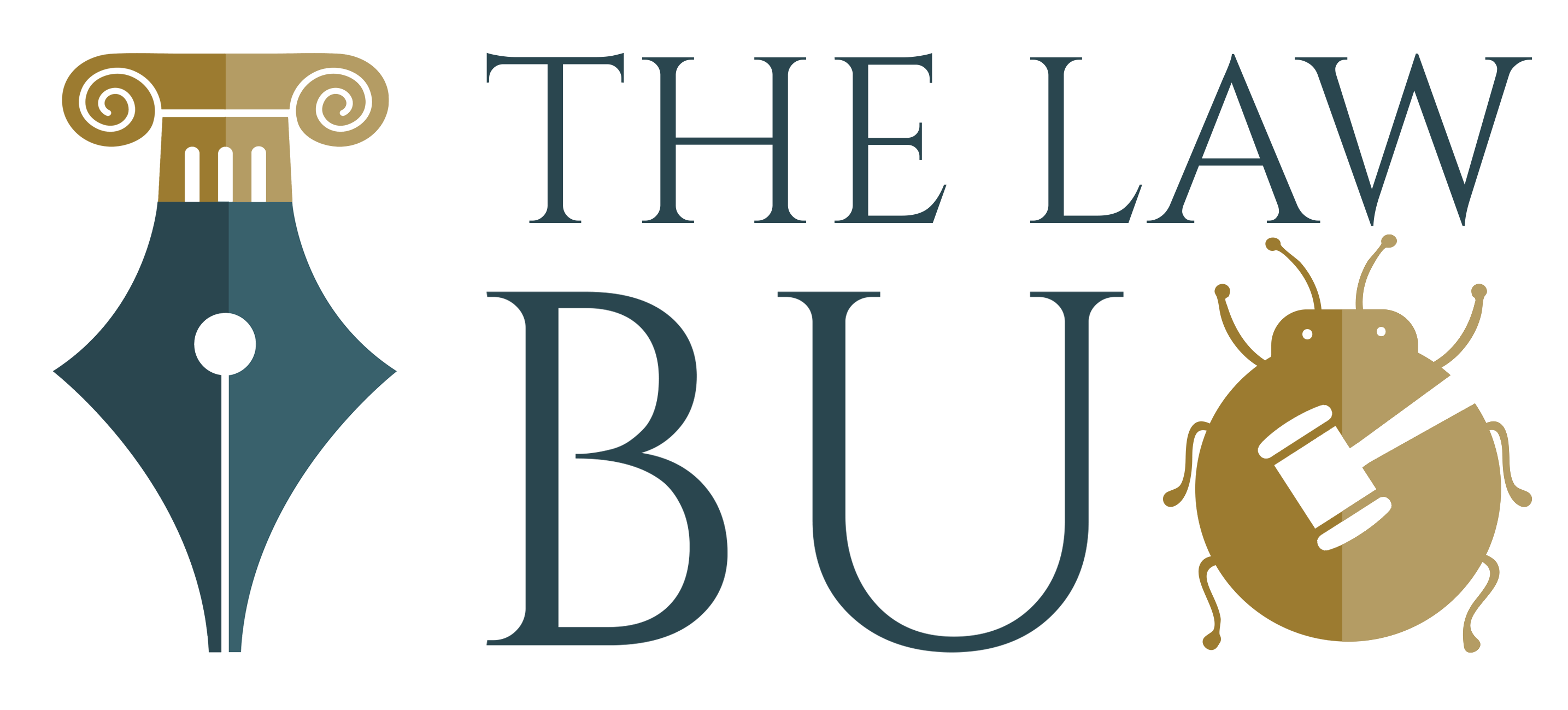
Comments ()